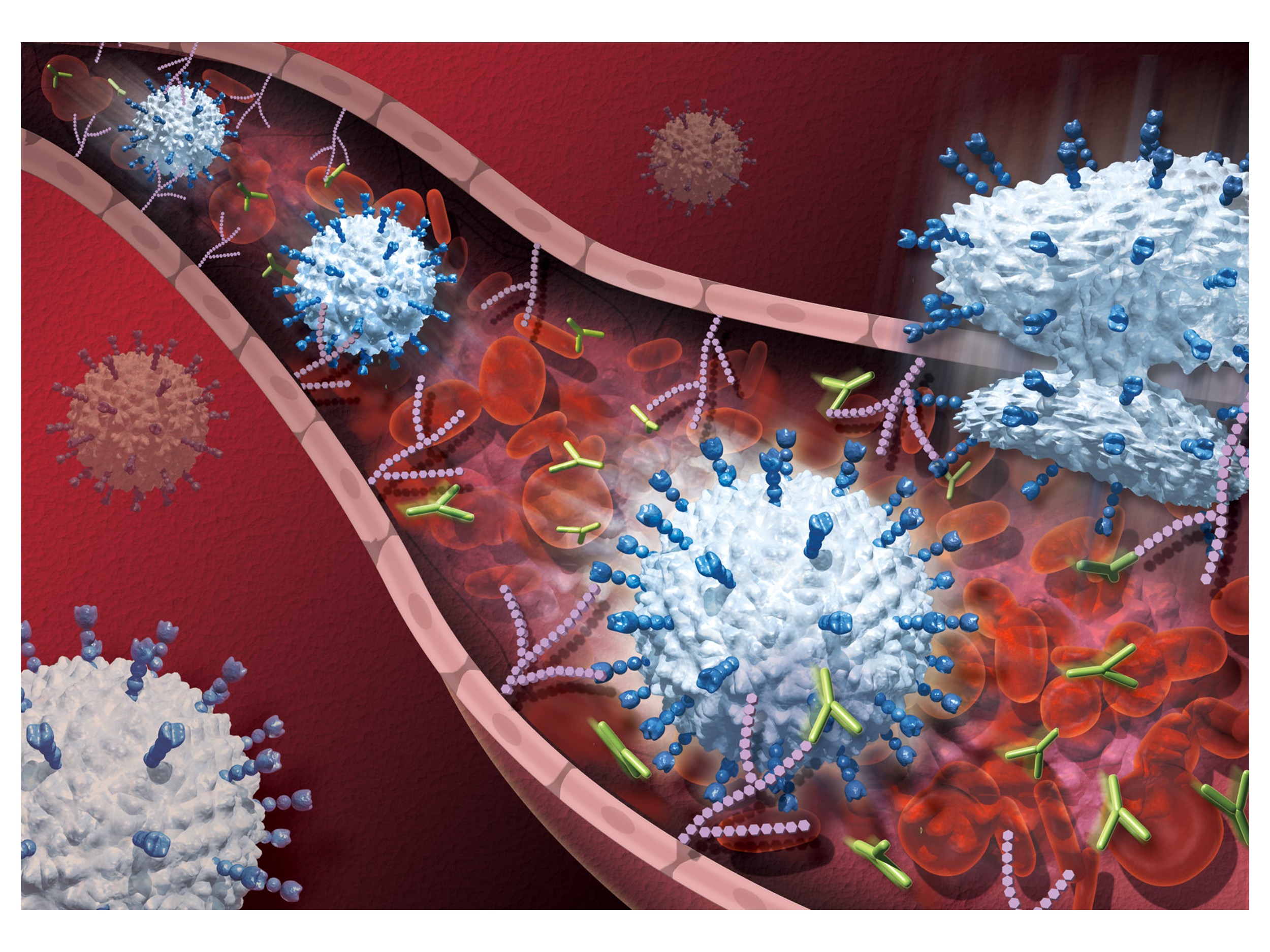Development of novel anti-glycan monoclonal antibodies applicable for the treatment of immune-related diseases

-
- Principal Investigator
Professor / Hiroto KAWASHIMA
- Affiliation
Graduate School of Pharmaceutical Sciences, Chiba University
Researchmap
ORCID ID
- Principal Investigator
We, at Chiba University, The final goal our study is aim to develop a novel antibody drug against immune-related diseases. originating from Chiba University. Glycans are composed of various types of monosaccharides that are linked in specific combinations and encode important information for life. In our body, glycans dynamically change their structures dynamically in response to the extracellular stimuli and cell states, and function as important biomolecules for cell recognition, cell adhesion, and as well as signal transduction. Therefore, glycans are useful as biomarkers reflecting the disease progression progress of diseases and are promising as therapeutic drug targets. However, there are far fewer less therapeutic agents targeting glycans than those targeting proteins. , and thusTherefore, the development of therapeutic agents that suppress the function of glycans has great potential in the future drug discovery research. We have established a new novel methodology to generate anti-glycan monoclonal antibodies antibodies against glycans (anti-glycan antibodies) using glycosyltransferase-deficient mice. and We have developed a novel anti-glycan antibody (yellow Y-shaped molecule in the figure) that strongly suppresses lymphocyte migration to the lymph nodes. Because immune responses primarily occur in lymph nodes, it is expectedwe assume that this antibody could be useful for the treatment of autoimmune diseases disorders and allergic diseases caused by excessive immune responses. In this study, we will experimentally prove the therapeutic effects of this anti-glycan antibody by using animal models of autoimmune diseases such as multiple sclerosis and rheumatoid arthritis as well as those of allergic diseases such as pollinosis. Furthermore, by replacing the animal antibody sequence with the that of human antibody sequence using genetic engineering techniques , we will develop a humanized anti-glycan antibody for the treatment of human autoimmune diseases.

